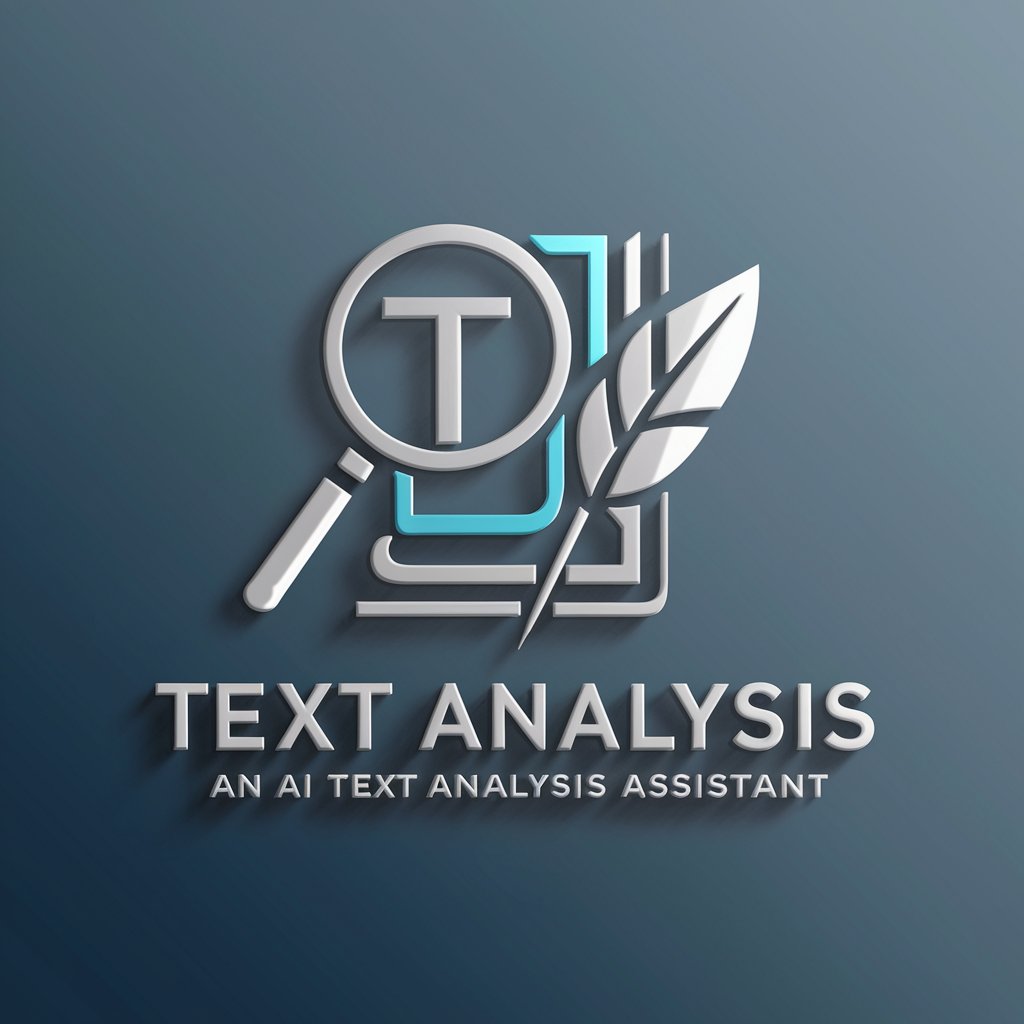LawGPT - Legal AI Assistance

Welcome to Legal AI Counselor, your trusted legal research partner.
Empowering Legal Practice with AI
What are the key differences between civil law and common law systems?
How can I draft a legally binding contract?
What precedents should I consider for a tort case involving negligence?
Can you explain the constitutional implications of recent Supreme Court decisions?
Get Embed Code
Overview of LawGPT
LawGPT is a specialized version of the ChatGPT, designed specifically for legal professionals. Its primary goal is to assist in various aspects of legal practice by providing support for legal research, case analysis, drafting legal documents, and offering preliminary legal advice. It's built upon a foundation of extensive legal knowledge sourced from a diverse range of legal texts, encompassing topics such as contract law, tort law, criminal law, and more. LawGPT synthesizes information from these texts and supplements it with up-to-date legal precedents and laws to offer comprehensive and accurate legal guidance. Powered by ChatGPT-4o。

Key Functions of LawGPT
Legal Research Assistance
Example
A lawyer researching case law precedents on negligence in tort law can use LawGPT to quickly identify relevant cases and legal principles.
Scenario
The lawyer inputs a query about 'negligence in tort law', and LawGPT provides summaries of pertinent cases, highlighting key legal arguments and decisions.
Case Analysis Support
Example
An attorney preparing for a trial on a contract dispute can utilize LawGPT to analyze similar past cases and extract valuable insights.
Scenario
The attorney asks LawGPT to compare their case with similar cases, leading to a detailed analysis of factors that influenced the outcomes of those cases, aiding in strategy formulation.
Drafting Legal Documents
Example
A law student tasked with drafting a legal memorandum can use LawGPT for structure and content guidance.
Scenario
The student provides the facts of their hypothetical case, and LawGPT assists in outlining a legal memorandum, suggesting relevant legal principles and citation formats.
Preliminary Legal Advice
Example
A paralegal receives an inquiry about tenant rights in a residential lease. LawGPT can offer initial guidance based on current laws and precedents.
Scenario
After receiving the query, LawGPT outlines the fundamental rights of tenants under property law, citing relevant statutes and case law, which the paralegal can use to inform the client.
Target User Groups for LawGPT
Legal Practitioners
Lawyers, attorneys, and legal advisors can leverage LawGPT for efficient legal research, analysis of complex legal issues, and assistance in case preparation. The tool's ability to quickly access and synthesize vast legal information makes it an invaluable asset for busy legal professionals.
Law Students
Students pursuing law degrees can use LawGPT as an educational tool to aid in understanding legal concepts, preparing for moot courts, and writing legal essays or memorandums. Its comprehensive knowledge base serves as an excellent supplement to traditional legal education.
Paralegals and Legal Assistants
This group can utilize LawGPT to streamline their workload, particularly in drafting legal documents, conducting initial legal research, and managing case-related information. The tool's ability to provide quick, reliable information can significantly enhance their efficiency.
Legal Researchers and Academics
Academics and researchers in the field of law can employ LawGPT to explore legal theories, analyze jurisprudence, and stay updated with the latest legal developments. Its extensive database of legal texts and cases supports in-depth legal scholarship and research.

Using LawGPT: A Step-by-Step Guide
Start Your Free Trial
Begin by visiting yeschat.ai to access LawGPT without the need for a login or ChatGPT Plus subscription.
Identify Your Legal Query
Clearly define your legal question or task. This could range from legal research, case analysis, to document drafting.
Interact with LawGPT
Enter your query into the chat interface. Be specific to ensure more accurate and relevant responses.
Review the Responses
Carefully examine the information provided by LawGPT, noting its sources and comprehensiveness.
Apply the Insights
Use the insights gained from LawGPT to inform your legal work, remembering to validate them with current law.
Try other advanced and practical GPTs
Game Guide
Master games with AI-powered guidance.

Global Tax Advisor
AI-powered Tax Insights and Strategies

Text Analysis
Unlock insights with AI-powered analysis

Patent Assistant
Innovating Patent Drafting with AI

PRO Personalized Workouts
AI-Driven Personal Fitness Coach

JurisBot
Empowering Your Legal Journey with AI

History Quiz Master
Learn history with AI-powered quizzes

Plagiarism Checker
Ensuring Originality with AI

Market Insight AI 📈
Empowering Financial Decisions with AI

Code and Mechatronics Guide
Elevate Your Robotics Skills with AI-Powered Expertise

TattooGPT
Design. Refine. Ink.

RoboGPT
Empowering Robotics Enthusiasts with AI

LawGPT: Exploring Its Capabilities Through Q&A
Can LawGPT draft legal documents?
Yes, LawGPT can assist in drafting legal documents. It leverages a comprehensive database of legal texts to provide draft language, structure, and legal precedents.
How accurate is LawGPT in legal research?
LawGPT strives for high accuracy in legal research by using updated legal texts and case law. However, always cross-reference with current legal standards.
Is LawGPT suitable for non-professionals?
While LawGPT is designed primarily for legal professionals, it can provide basic legal guidance to non-professionals, aiding in understanding legal concepts and terminology.
Can LawGPT keep up with changing laws?
LawGPT is continuously updated with new legal information and case law to stay current, but users should verify the latest legal changes independently.
Does LawGPT replace legal advisors?
No, LawGPT is a supplementary tool. It enhances legal work efficiency but doesn't replace the need for professional legal consultation and advice.
